Artist Interviews

Artist Jason Fastier
We are all at different points in our artistic journey and that is okay. Comparison is the killer of motivation and inspiration. Make time to celebrate your own successes no matter how small they may seem.
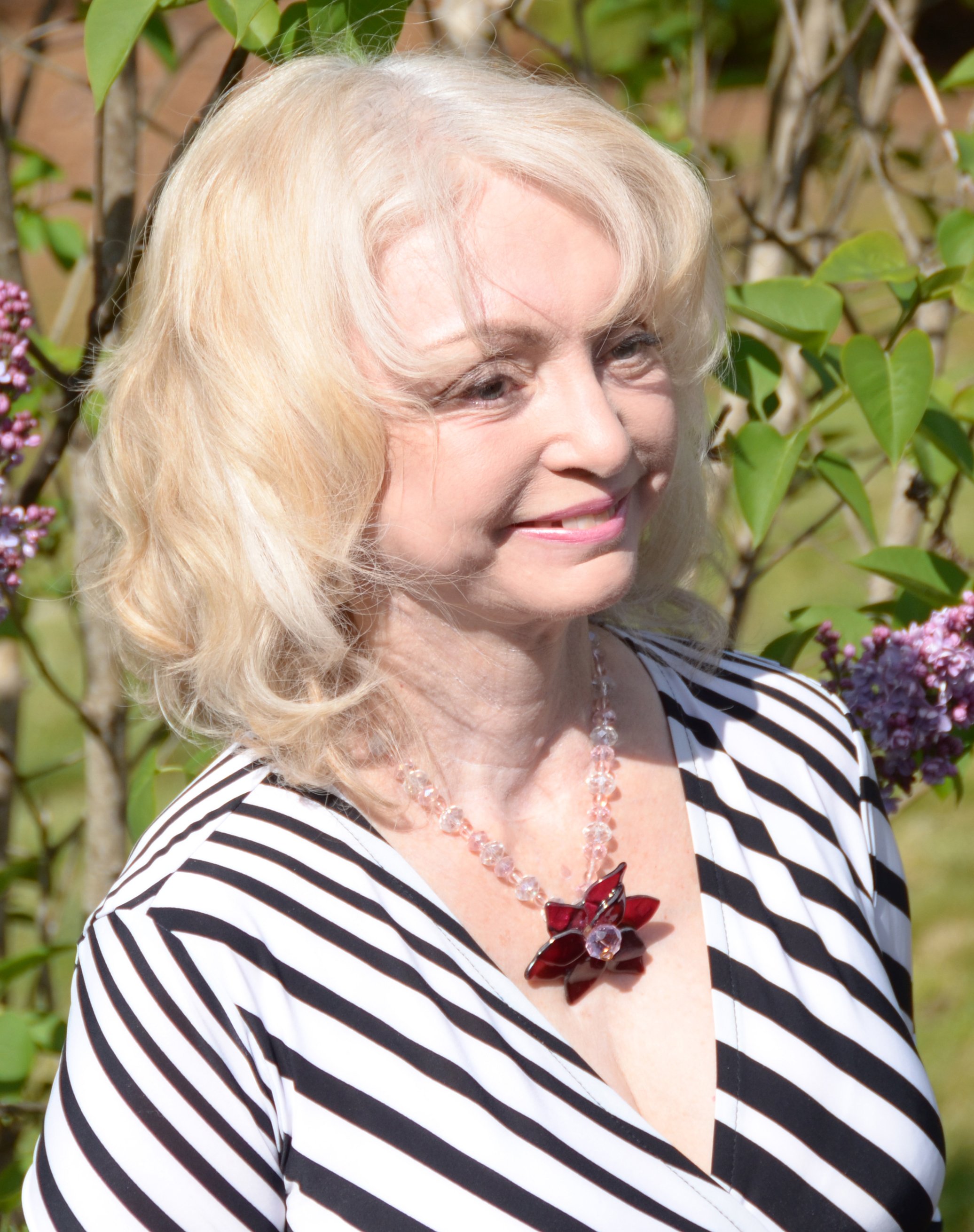
Artist Linda McCord
I wanted to show there is quality of life after 90 years of age. My mother enjoyed the funny pages, drinking coffee from porcelain cups, she loved babies, her dog, knitting and sewing. I used the things she loved doing in this series, and I also did some paintings of her more somber moments.
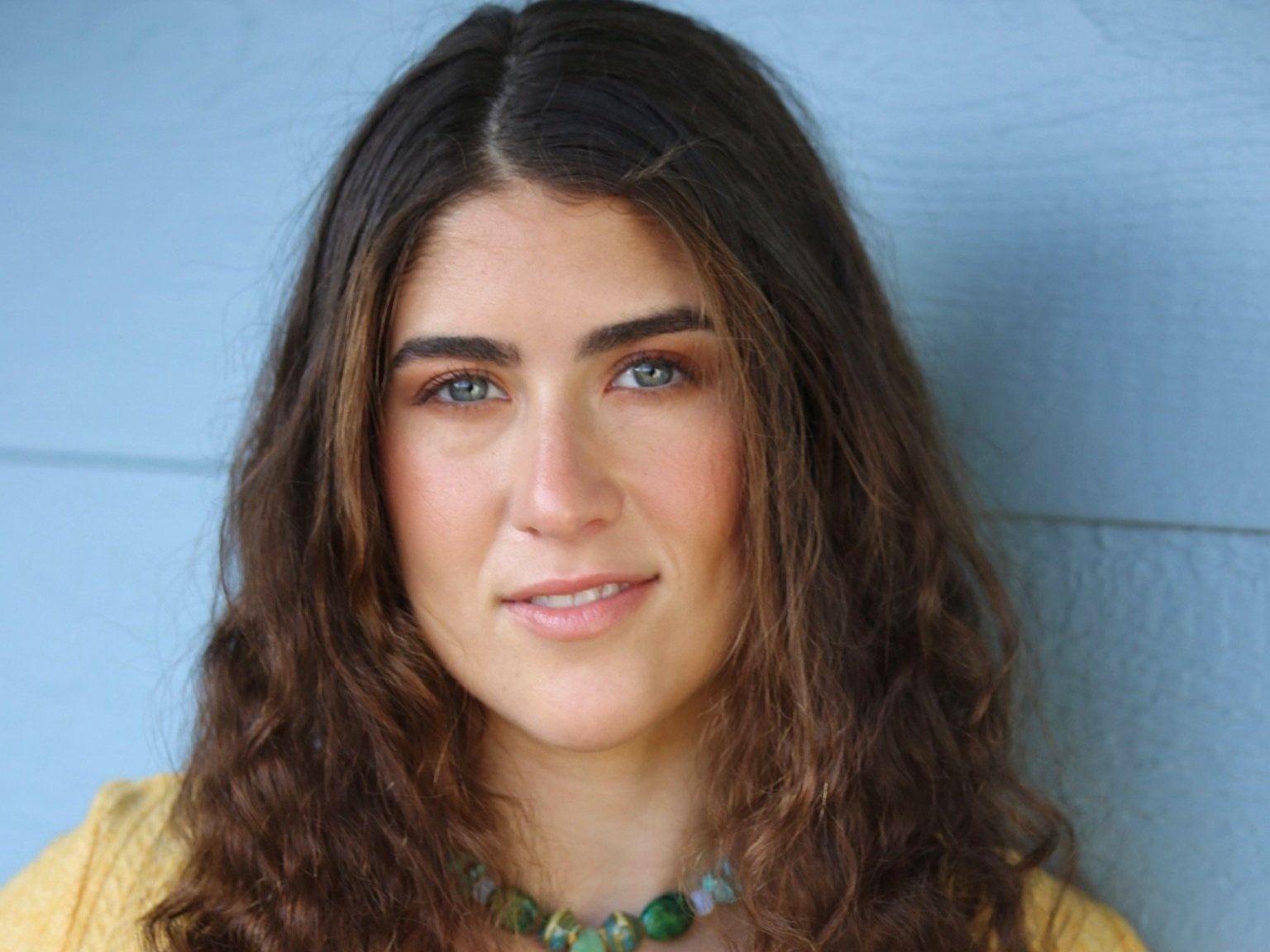
Artist Fallon Rabin
Speaking from experience, find a space to make work and dedicate as much time as you can to your art practice. While also setting aside some time to really research why you want to make the work and how it can help/affect others. Find your passion and what excites you on a deeper soul level, because chances are that's what your purpose is. Don’t let the opinion of others, including awards, steer you away from your inner calling.
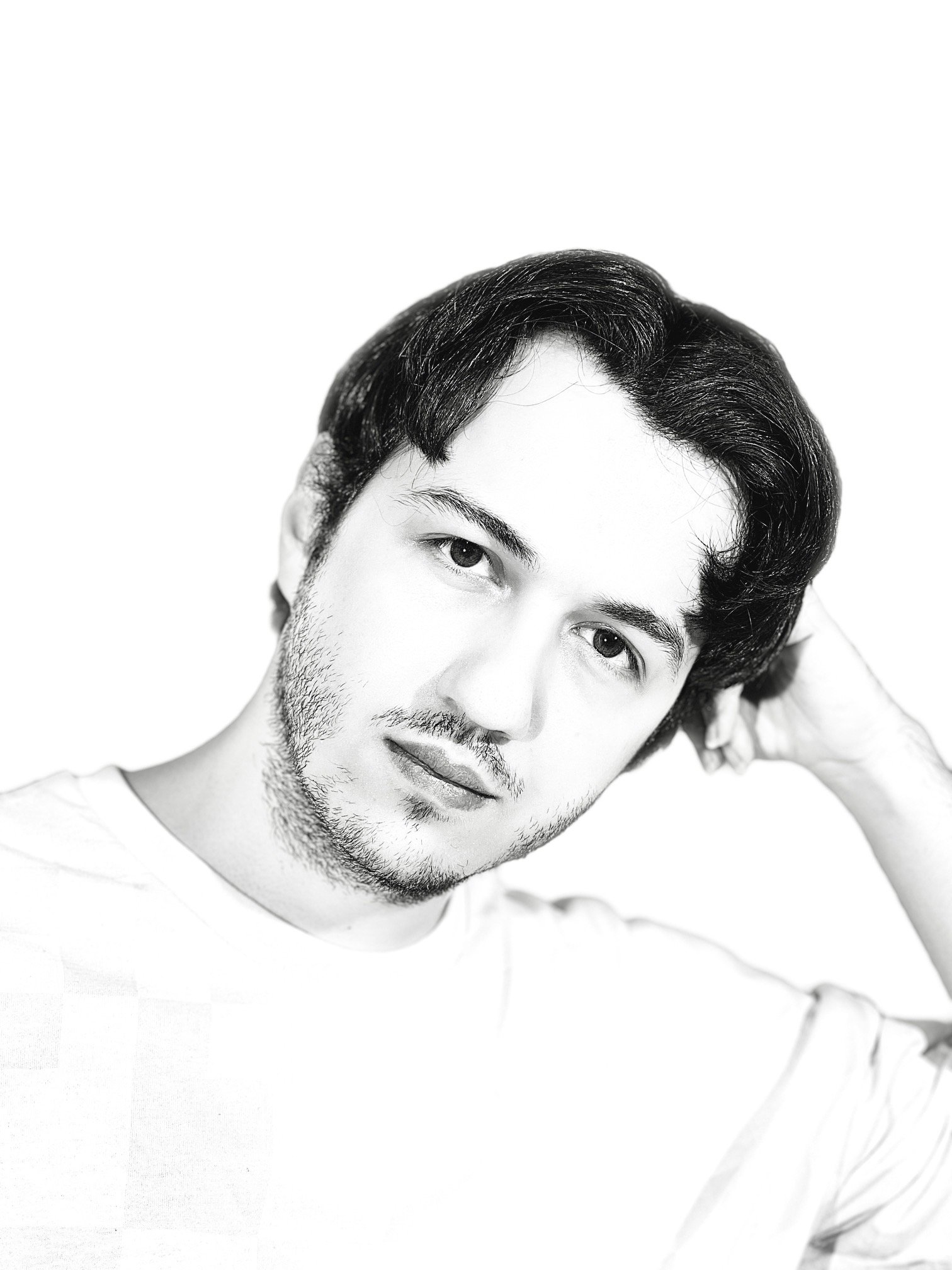
Artist Berk Günay
Creativity is a process of exploration and discovery, and it requires a willingness to take risks, to experiment, and to learn from failure. It's also important to seek out inspiration and to engage with other artists and communities, whether through exhibitions, workshops, or online forums. By staying engaged and connected, we can continue to grow and evolve as artists and to make meaningful contributions to the world around us.
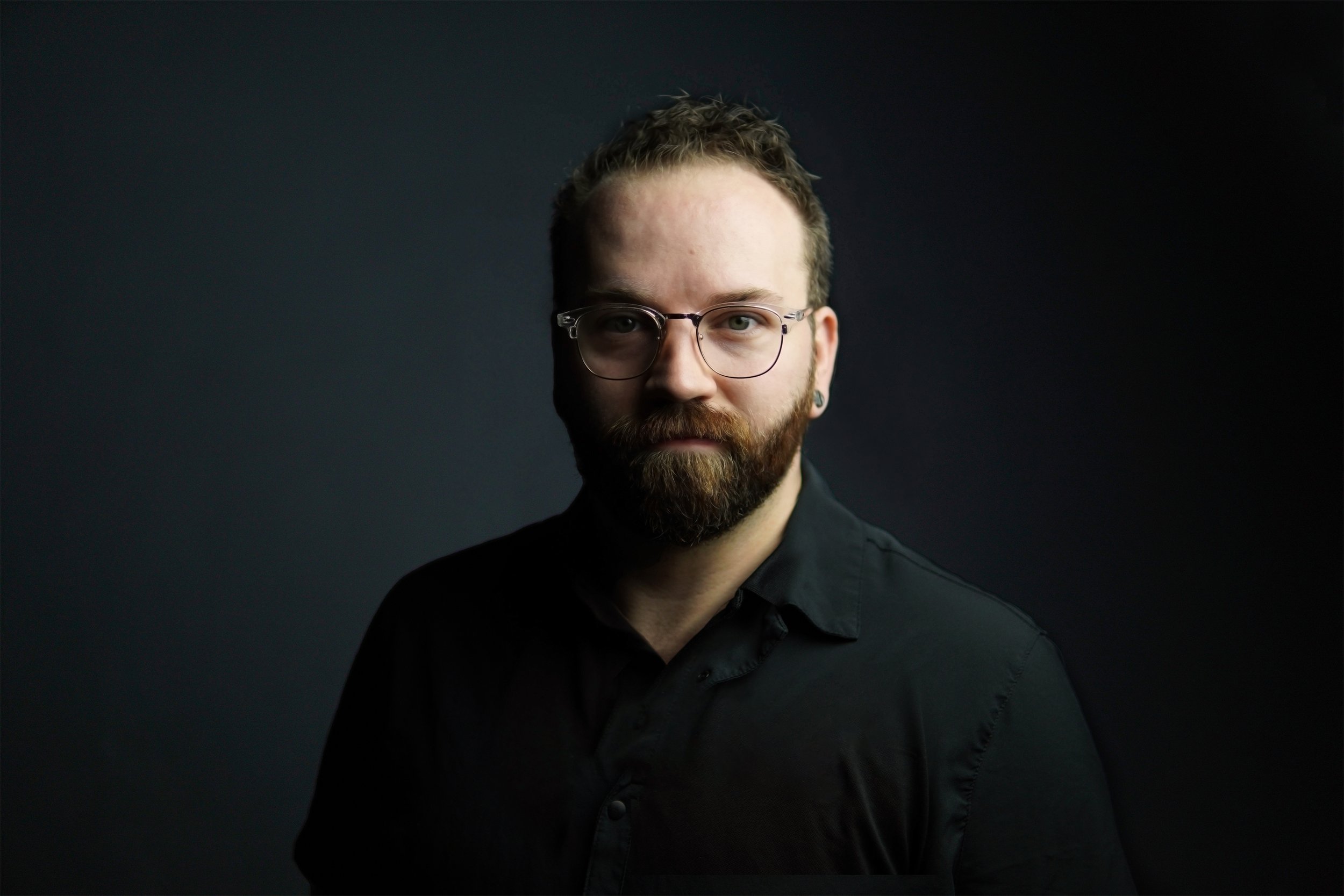
Artist Maxwell G. Miller
Choose to be successful. Success and failure aren’t things that happen to you, they’re a decision you make when an obstacle is placed in front of you. Stay focused and driven. And remember, not all practice is deliberate practice. Challenge yourself with every work you do, and you will improve. If you aren’t feeling challenged, you’re not getting better.
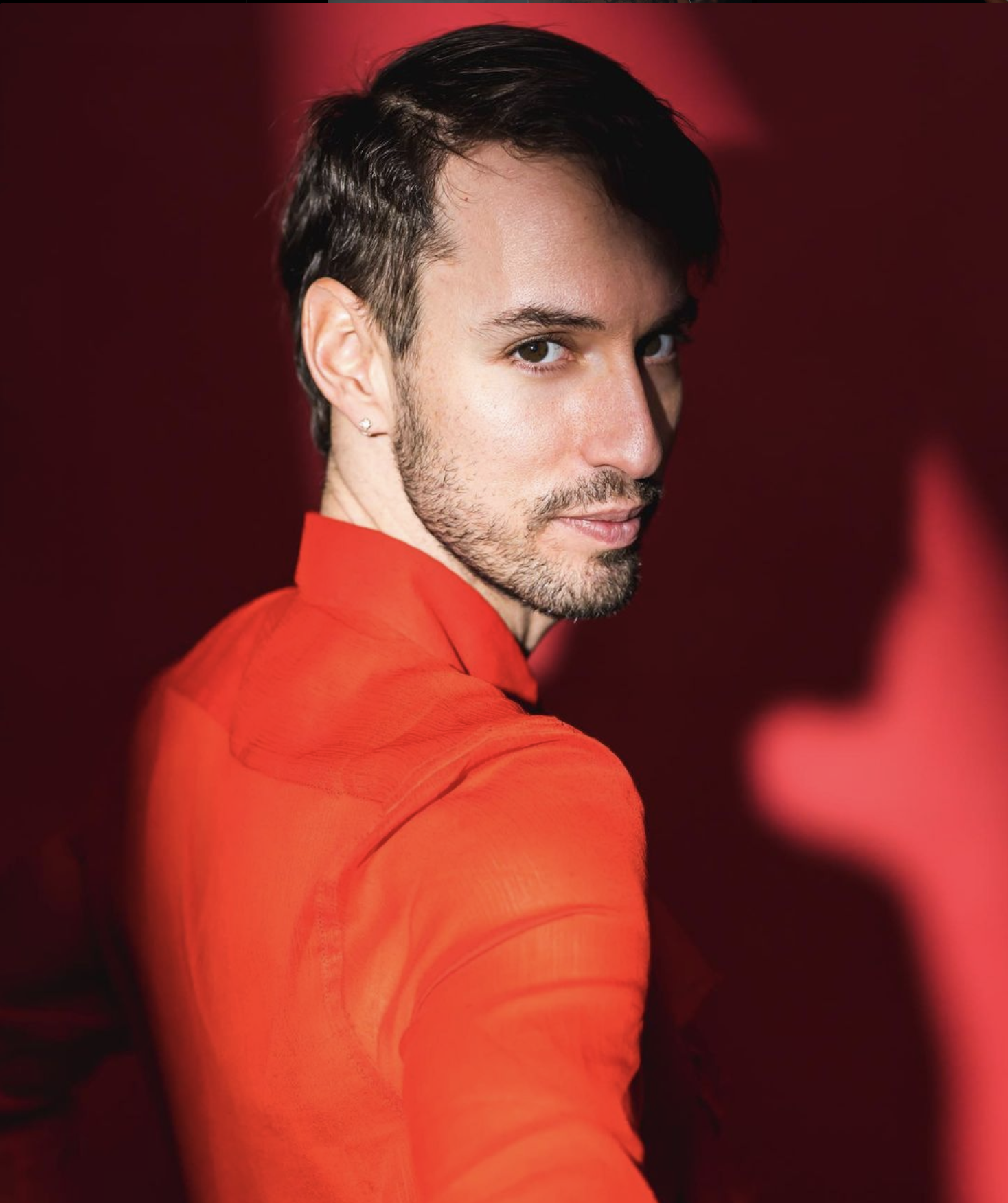
Artist Mati Gelman
Put your “artist mind” aside and look at your work purely with a “business mind”. Every so often, I make time to sit down and submit to relevant contests, awards, scholarships, etc (I put it on my calendar to make sure I do it). Submit intelligently - pay attention to what the publication/contest is about. For example, I don’t submit to awards or contests that mainly feature documentary-style photography even if they list “Conceptual” or “Fine Art Photography”. This will save you time and money.
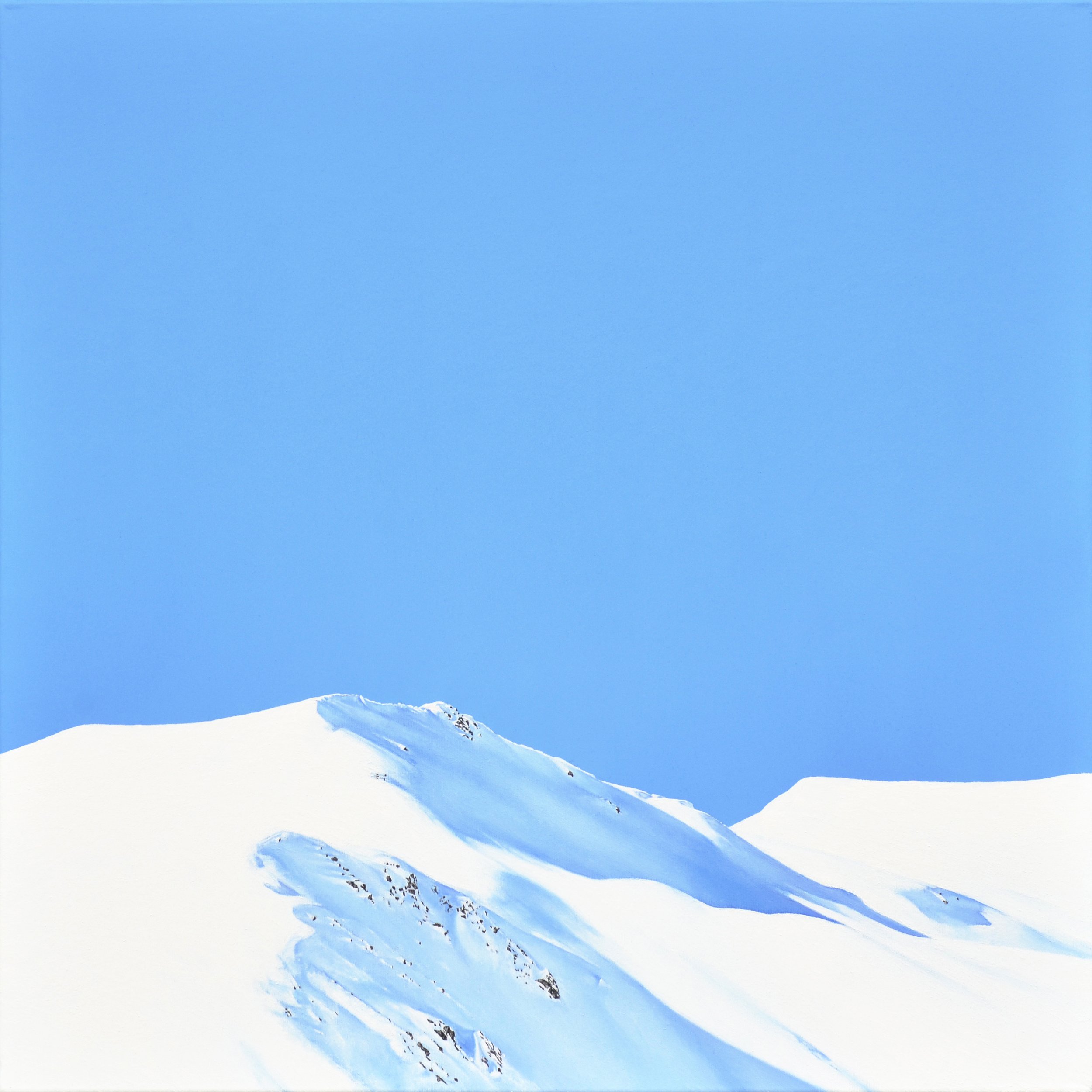
Artist Christoph Eberle
Work, don't wait for enlightenment, muses or inspiration, just work hard. And of course always fail, start again and fail better. Not looking for the art, but discovering what all develops during the production.

Artist Constance Regardsoe
I think it's really important to start being aware of how people, particularly your audience, will connect emotionally to your work. Sometimes it will be in ways you didn't expect, and it might be different for different people. Learn who to share your work with, and don't take it personally when it doesn't resonate with some people. The other thing that I would say, is to examine what is stopping you from making art, or making more art, or making your best art. It might be a habit you need to drop or develop, it might be to do with your working environment, or it might be to do with mindset, either way, give the art what it needs, and try to remember as much as possible how lucky you are to be able to do what you do.
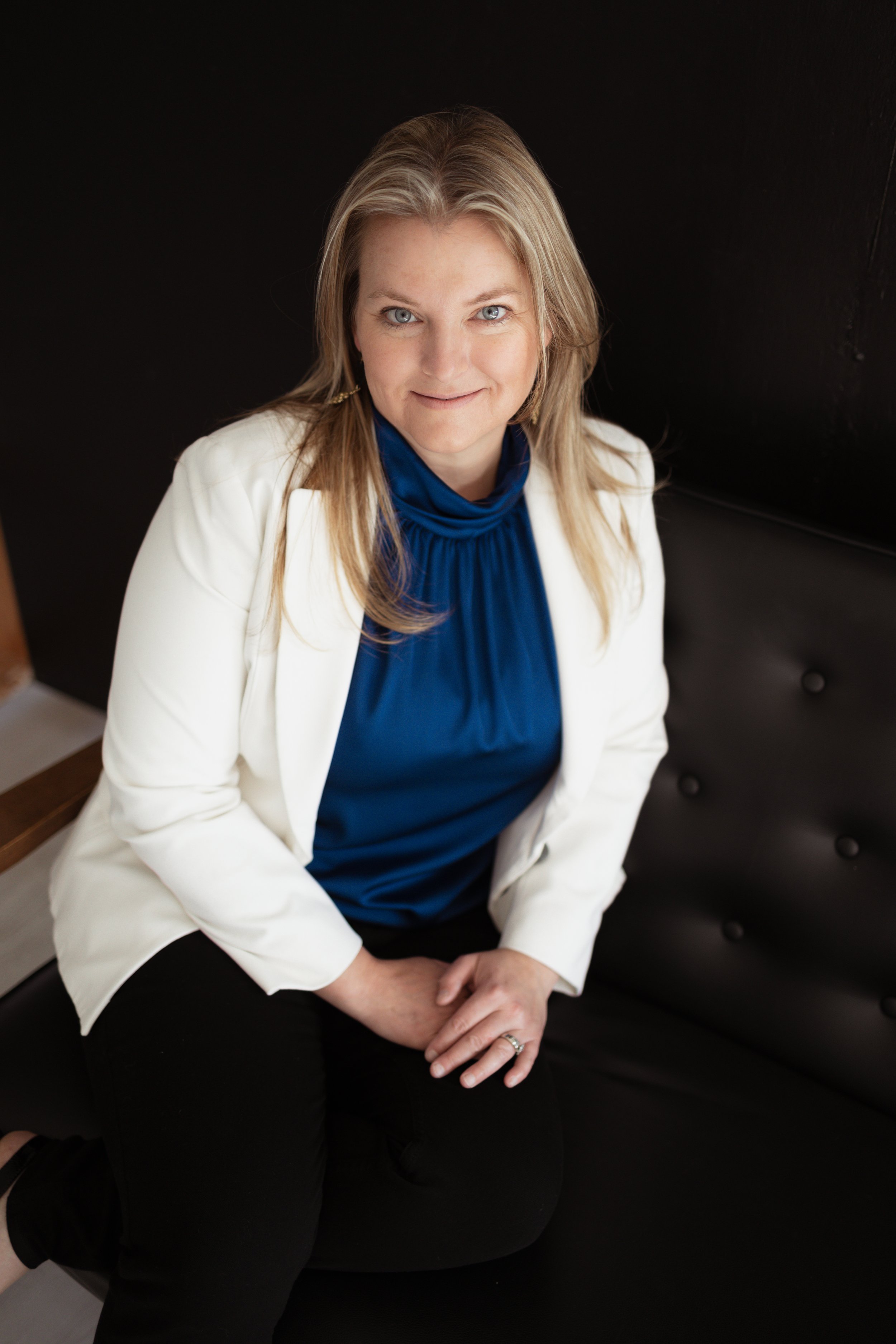
Artist Chelsie Nicole Murfee
If you have a sensitive spirit, there is no shame in being private about your work as it develops. Though there is a perception in current culture that we must publicly share every moment, I find my best work comes from within me during periods of intense solitude. Be purposeful about guarding your studio time. It is easy to convince yourself that marketing, advertising, accounting, teaching, or even organizing your creative space count as studio time. While those tasks are essential, it is crucial to protect the time you spend creating.

Artist Carol Fabricatore
Don’t be afraid to make mistakes. Be bold, fearless and keep learning from everything you do to build your visual vocabulary. Trust your inner voice, you know yourself best. Go after things that mean something to you. Finding your voice takes a while. It doesn’t happen right away, it’s a lifelong endeavor. If you have the openness to learn from your failures as well as your successes, with work hard and dedication, you can be successful. Just make art you love and people will see it come through in your work. Keep your sense of humor front and center. Always keep a small sketchbook with you and draw everywhere. And have some animals in your life. My cats make me laugh all the time!

Artist Paweł Patrzyk
To be honest, I don't feel qualified to give this kind of advice. This is my first contest. I just dared to do it and was persuaded to do it by my beloved wife, who helped me a lot to believe in myself. In conclusion, the only advice I can give at this point is simply to "believe in your art".
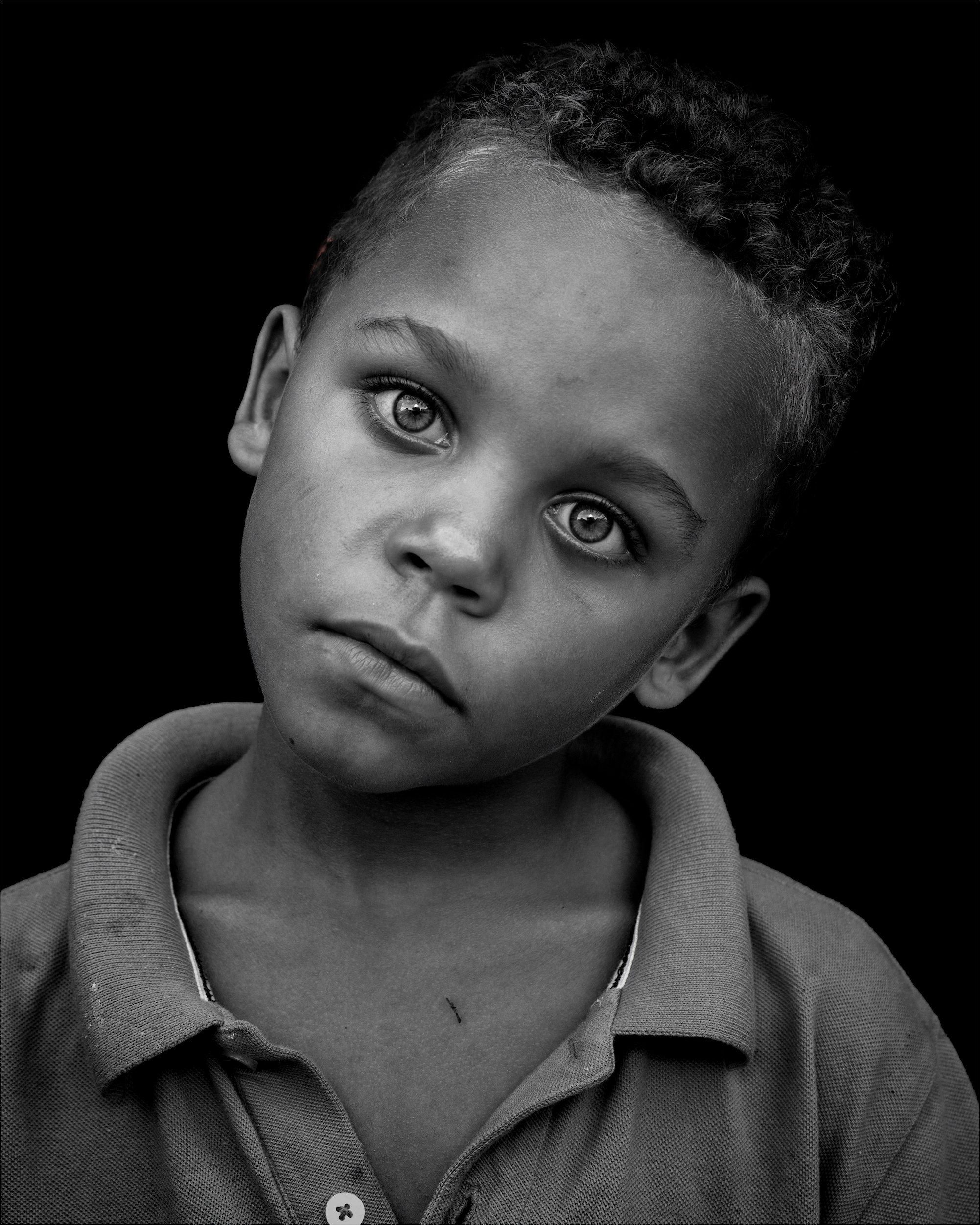
Artist Leroy Skalstad
General advice is to is to get to know some of your local photographers and get to know their work. And I kind of get inside their heads a little bit and learn, how they visualize their own work. And in some cases, you can really, you can really advance your own work by learning how other people visualize as well. As an artist, never work as a singular person. Always get out there and interact with other artists. Socialize with them, get to know them, talk to them, and understand their work. A person can only grow by doing that.
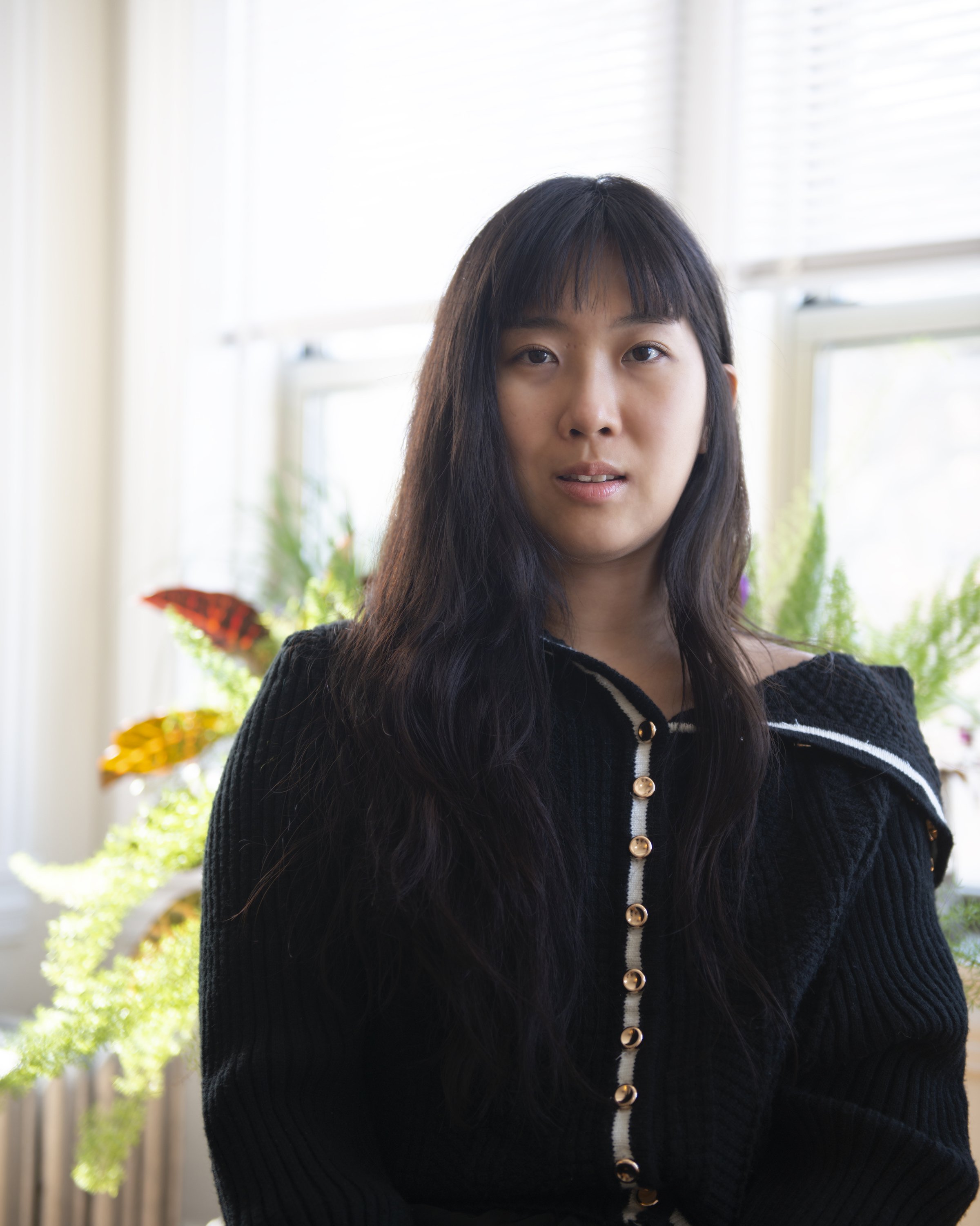
Artist Diana Noh
Always don’t be afraid to experiment. I know it is scary to step out of your comfort zone, but it is worth it eventually. I try to experiment as much as I can and since I work really intuitively, I often accidentally create a piece that is really fun.
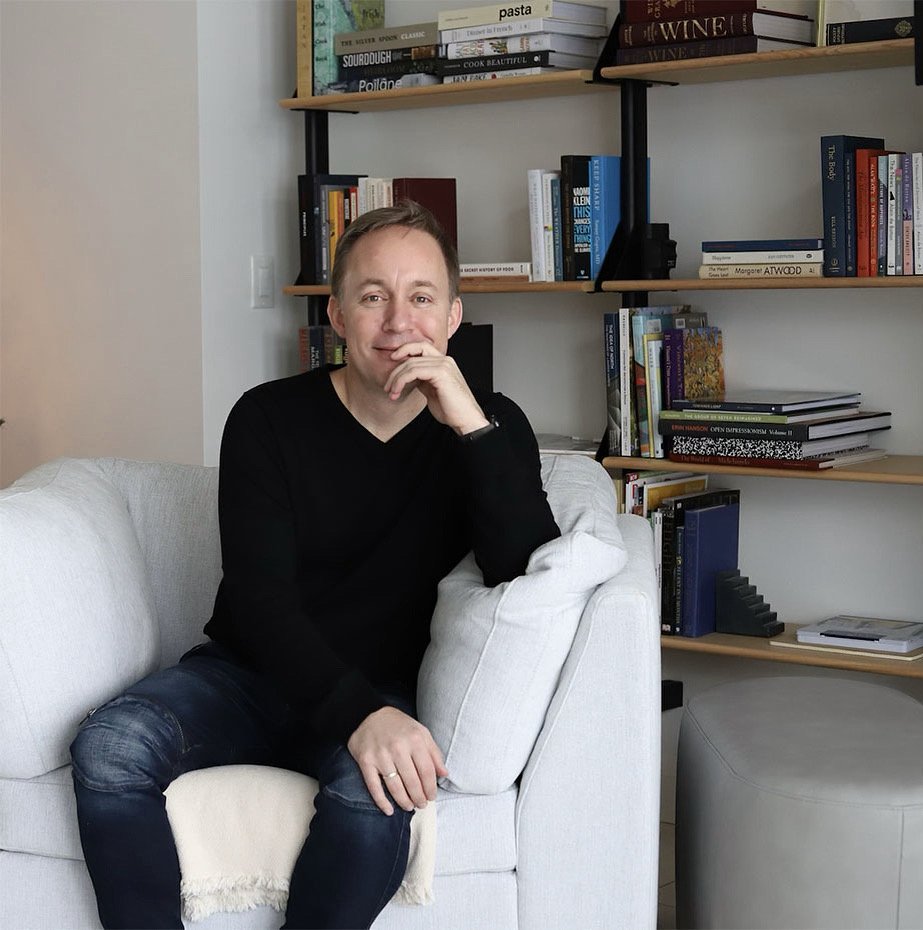
Artist Jeff Dillon
I strongly believe that artists should take advantage of every opportunity to showcase their work. This is because it is crucial for artists to get their work in front of as many people as possible, especially those who appreciate their style and genre. Submitting your work to awards, competitions, and residencies can be a great way to connect with a wider audience and find "your community" in the art world.
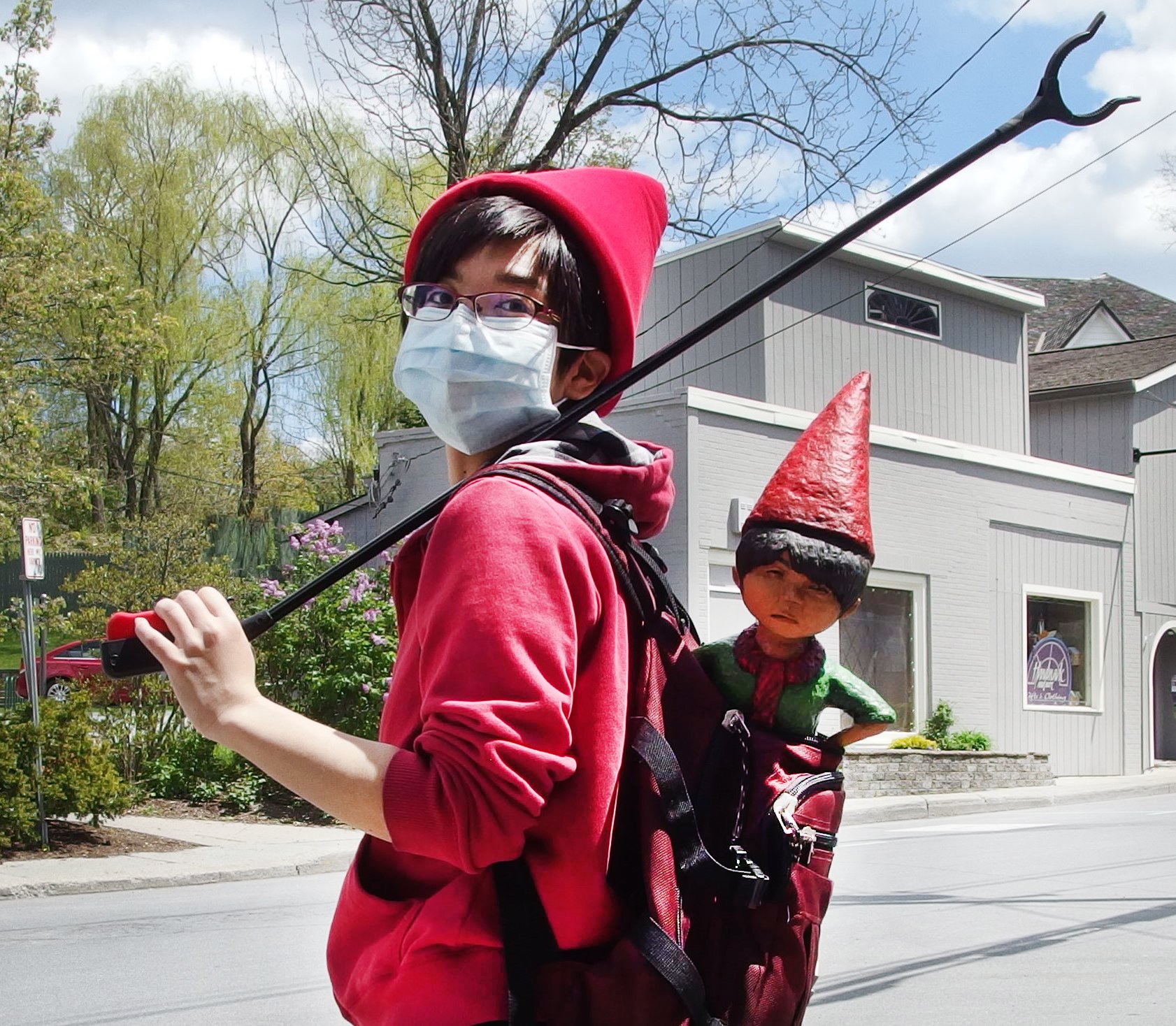
Artist Maxine Leu
Even though you may be very experienced or confident about something, when creating art, it's like solving a problem of all possibilities. Seeing your work from a child's perspective is to be honest and pure, to be curious, to be open, and to be free, rather than sticking to one aesthetic, one style, or one answer. If a work of art is "finished," the work is also dead.
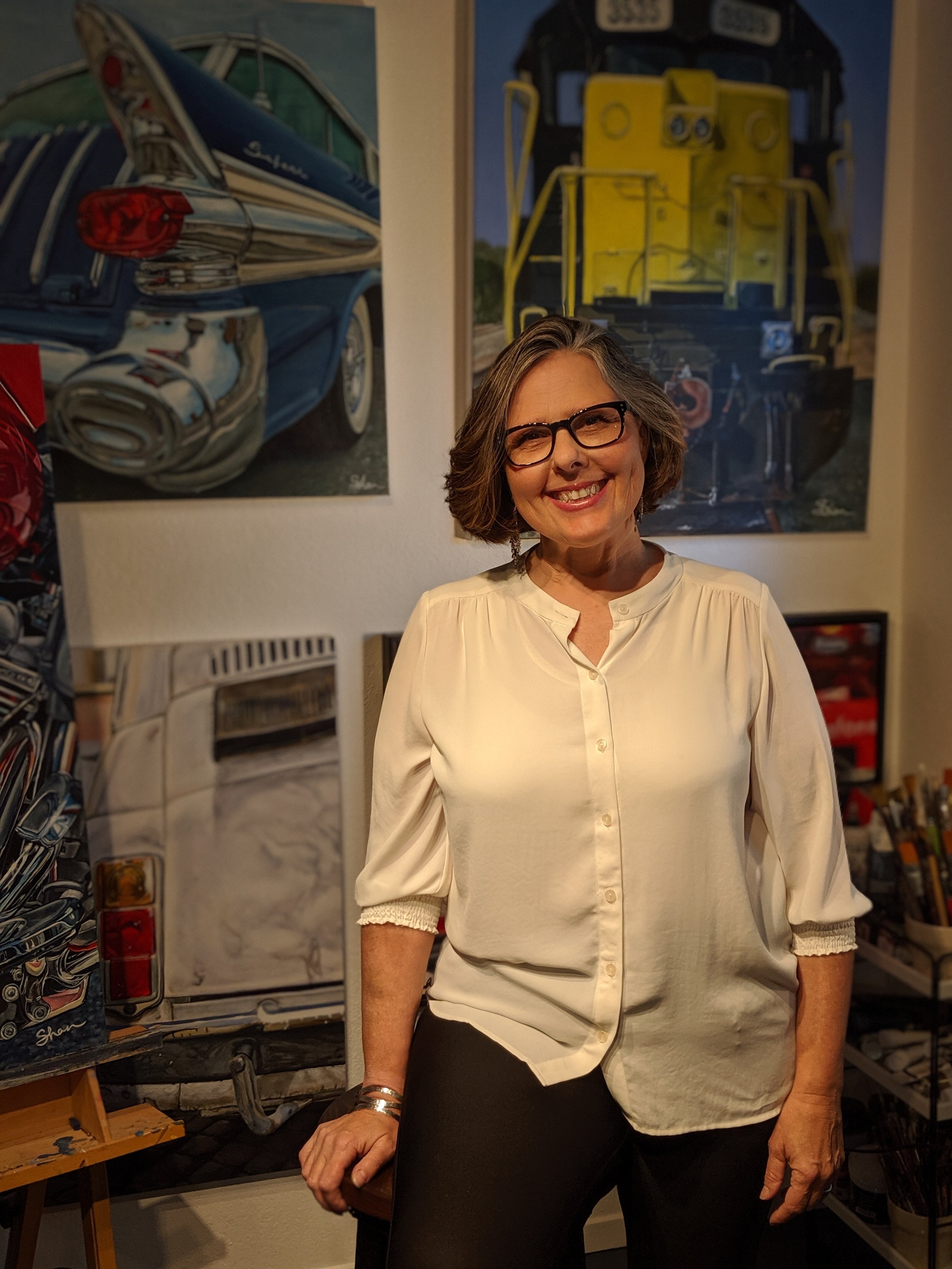
Artist Shannon “Shan” Fannin
Be you. Do NOT change what you enjoy making to fit a venue, competition, or gallery. From my experience, when you change your art to specifically please others, there is no passion in the work. I have done this in the past, and always regretted it. Sure, the work was technically acceptable, but there was no LIFE in it. There was no joy in creating the art. My viewers could tell I was going through the motions and just painted because I had to get it done.
Instead, create YOUR art.
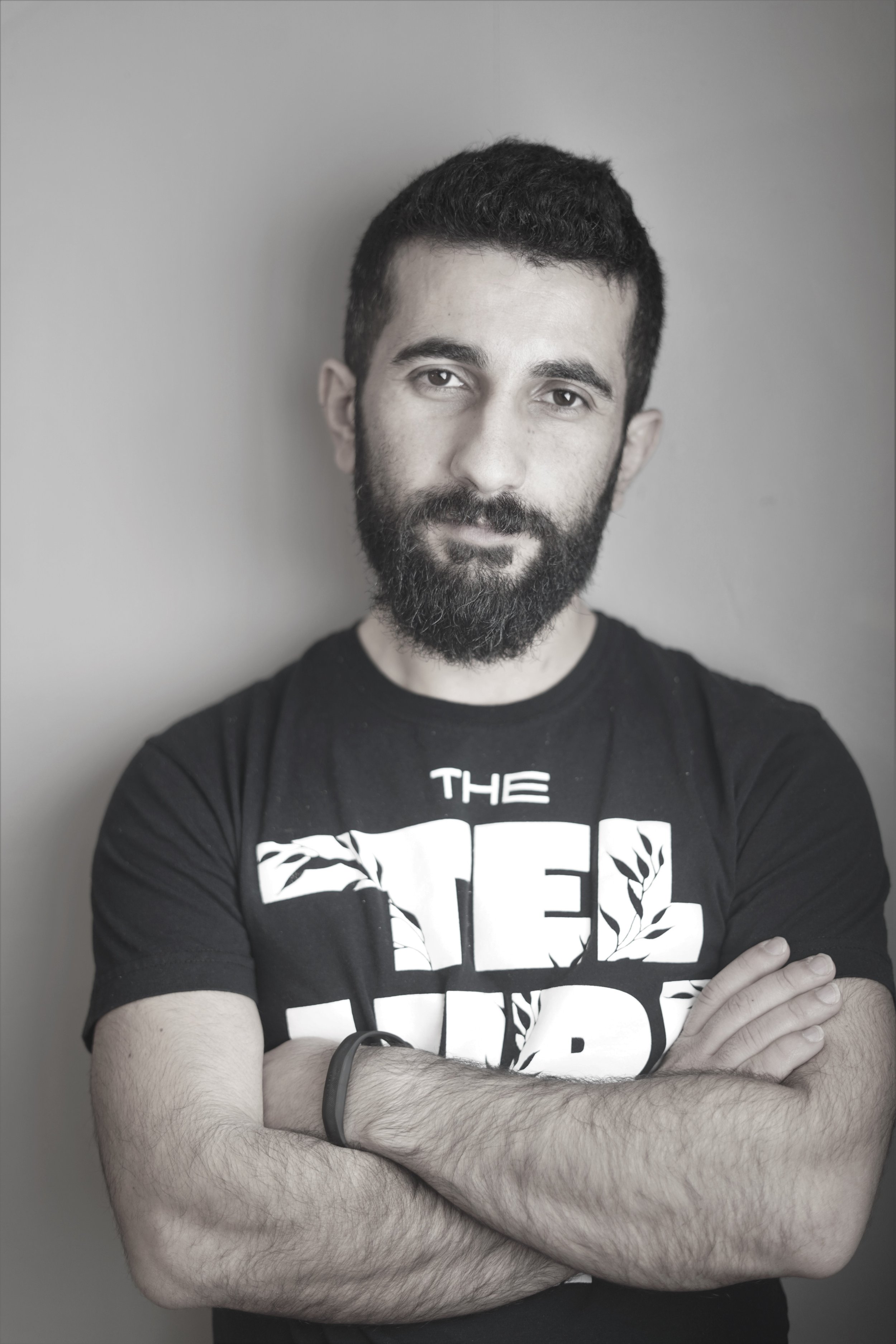
Artist Huner Emin
I advise artists to be genuine and authentic with themselves and express their truth. Don’t settle for what is easy and acceptable. Work hard, be ready, and take advantage of every opportunity in front of you.

Artist David Birozy
One thing that made a difference in my photographs over the past year was learning how to critique other people's work. My advice is to spend some time learning how to really critique photographs. I don't mean deciding whether you like a photo or not. I mean learning how to critique the building blocks that make the photographs impact, the technical elements, and the composition.
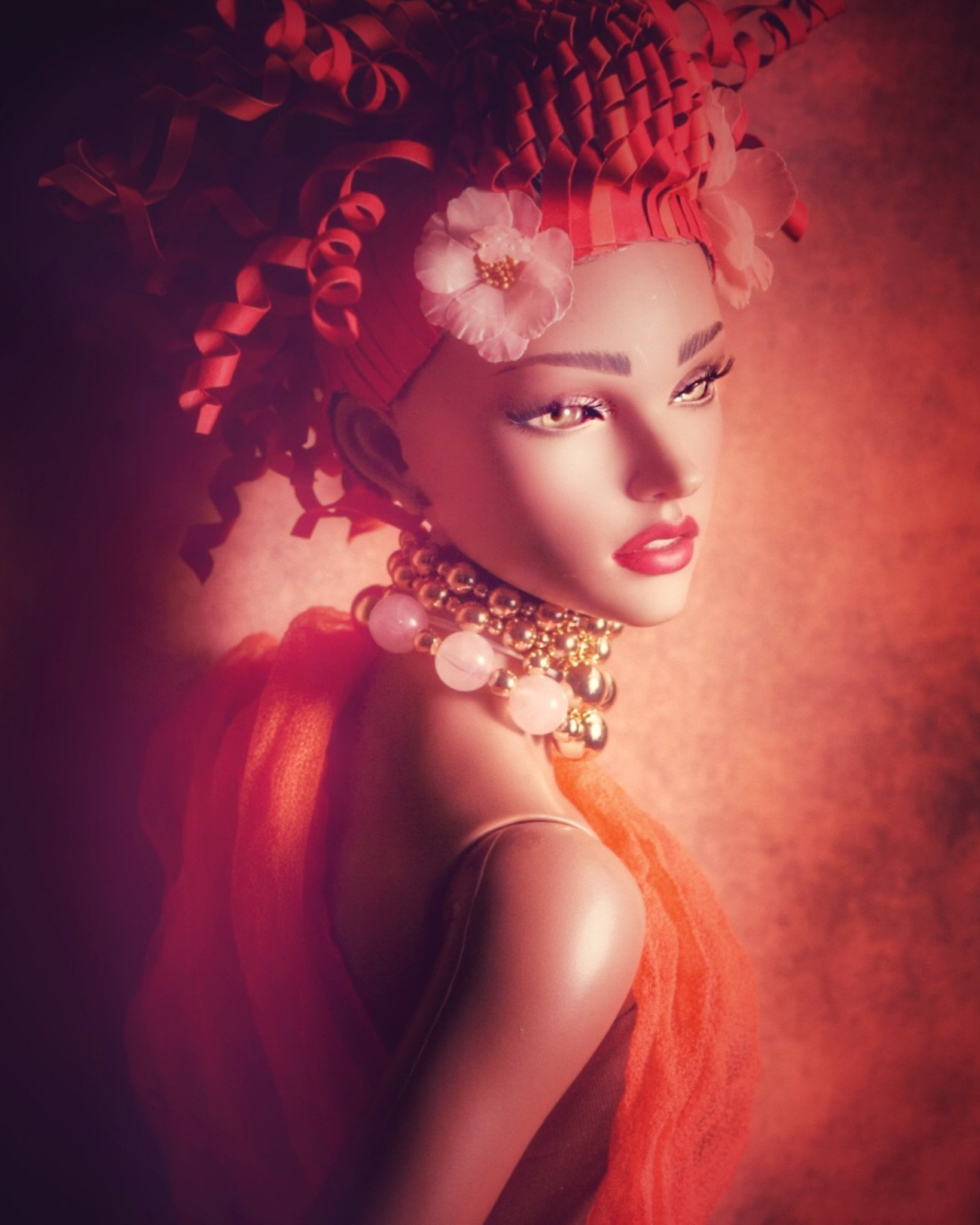
Artist Nakia Powell Spencer
Have fun with your art. Experiment with everything you can. You will have ups and downs with your art, so roll with it. Also, art is open to everyone’s interpretation. So not everyone will like your art and it's okay. Lastly, make sure you are doing stuff that you enjoy. You don’t want it to feel like a chore when you are working. You want to love what you do.
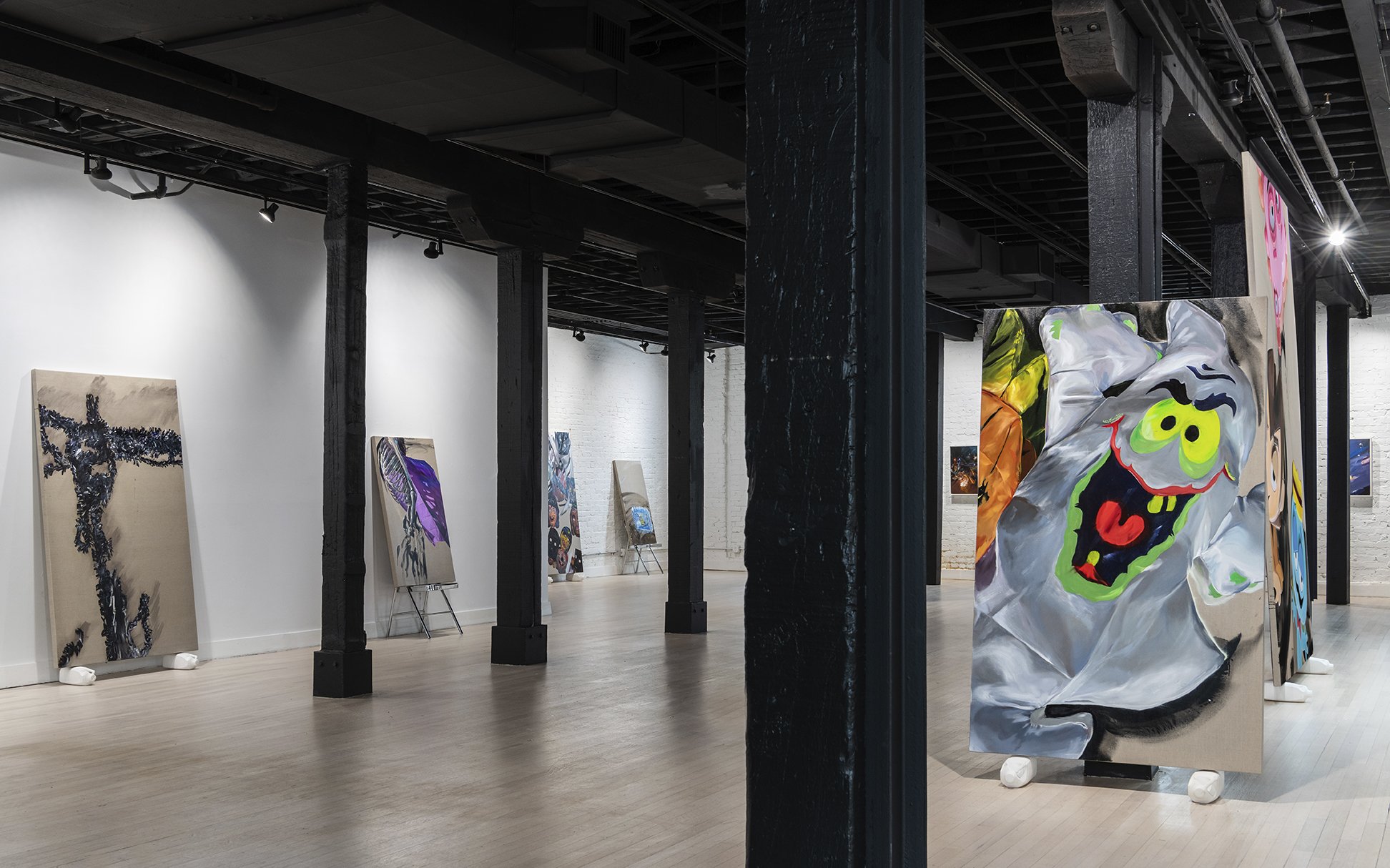
Artist Tom Holmes
“Inspiration is for amateurs.” I still think that is probably true. Waiting around for a good idea is maddening. Good ideas fall into dirty hands.
I keep busy. It’s the wonderful thing about my divorce from the conceptual model. My hands, my eyes, are doing the thinking. There is less and less cognitive construction of the work. The work has its needs and I, in many ways, subjugate my own needs to meet the needs of the work.